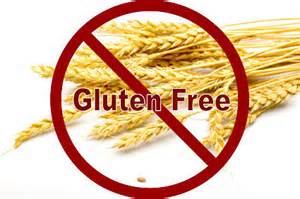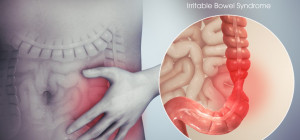 Walk down the aisles of any grocery store today and you’re bound to come across more than a few products proclaiming that the contents are free of gluten. Gluten is a type of compound found in products that contain wheat. Commonly found in different types of bread and baked goods, it can cause a reaction in a small number of people. While there are some who think that following a gluten free diet can help them lose weight, this type of diet isn’t necessarily right for everyone.
Walk down the aisles of any grocery store today and you’re bound to come across more than a few products proclaiming that the contents are free of gluten. Gluten is a type of compound found in products that contain wheat. Commonly found in different types of bread and baked goods, it can cause a reaction in a small number of people. While there are some who think that following a gluten free diet can help them lose weight, this type of diet isn’t necessarily right for everyone.
Do You Have a Reaction to Gluten?
Celiac Disease is a type of medical condition found in those who have a negative or averse reaction to gluten. One of the best ways to determine if this type of diet is right for you involves thinking about how you feel after eating wheat products. You will typically find that you feel extremely tired or lethargic after eating any type of gluten. Many people also experience stomach cramps, vomiting, nausea or diarrhea. The symptoms usually present within a few hours or less after eating even the smallest amount of gluten.
How Many People Have Gluten Issues?
According to Margot Micallef, a philanthropist and educator, only a small percentage of people suffer an aversion or reaction to gluten. Many experts believe that this number represents less than 10 percent of people living in the United States. As it can cause few symptoms or weakened symptoms, you may suffer from the problem without even knowing it. Those who have Celiac’s or another common disorder cannot ingest even tiny amounts of gluten. They typically need to request that restaurants make their dishes separately from those served to other customers. Some have such a serious problem that they cannot even inhale around wheat products without suffering from a reaction.
Starting Your Diet
If you think that gluten is an issue for you and that you need to follow a gluten free diet, start out slowly. Identify the products in your home and the foods that you eat every day that contain gluten and cut those foods from your diet. Keep a record of how you feel after reducing or eliminating your gluten intake. If you find that you still experience some problems, it might be time to talk your doctor. You may have an undiagnosed food allergy or another health problem.







